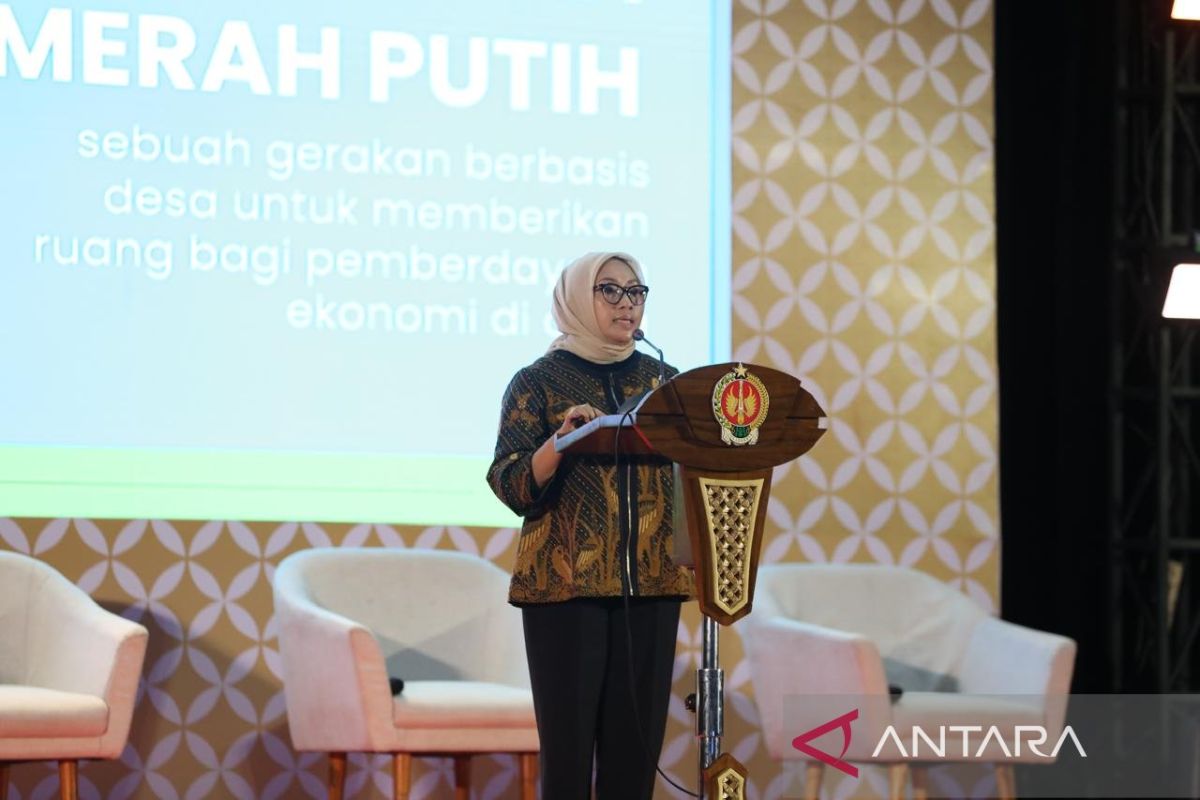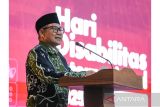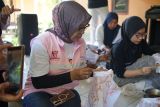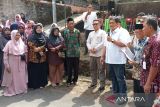Jakarta (ANTARA) - Minister of Women's Empowerment and Child Protection, Arifah Fauzi, has emphasized the government's commitment to supporting every effort to make women economically and financially independent."Empowering women in the economic sector will pave the way for poverty alleviation, creating prosperity and strengthening the country's ability to develop," she said in a statement issued on Saturday.
"Women who are economically independent will be more empowered, including having the ability to dare to express their opinions, dare to speak up, and report the violence they experience and see," she expounded.
The commitment is in line with President Prabowo Subianto's Asta Cita vision, which mandates increasing quality employment, encouraging entrepreneurship, developing the creative industry, as well as continuing infrastructure development.
Baca juga: Minister calls for support to curb violence against women, children
The vision also emphasizes the importance of development, starting from the village level, to support economic equality and eradicate poverty. According to the minister, these two things can be achieved by encouraging the role of women in the economic sector.
Baca juga: All-women team supports voting at Bali polling station
Therefore, the Ministry of Women's Empowerment and Child Protection will be more active in seeking women's economic empowerment from the village level.
"Women's economic empowerment must start from the smallest level, from the village level. That is why the ministry is currently initiating the Ruang Bersama Merah Putih program—a village-based movement to provide space and opportunities for economic empowerment," she said.
Arifah also welcomed participation from related stakeholders, including local governments, academics, and civil society to encourage women's empowerment by devising policy recommendations and follow-up plans.









